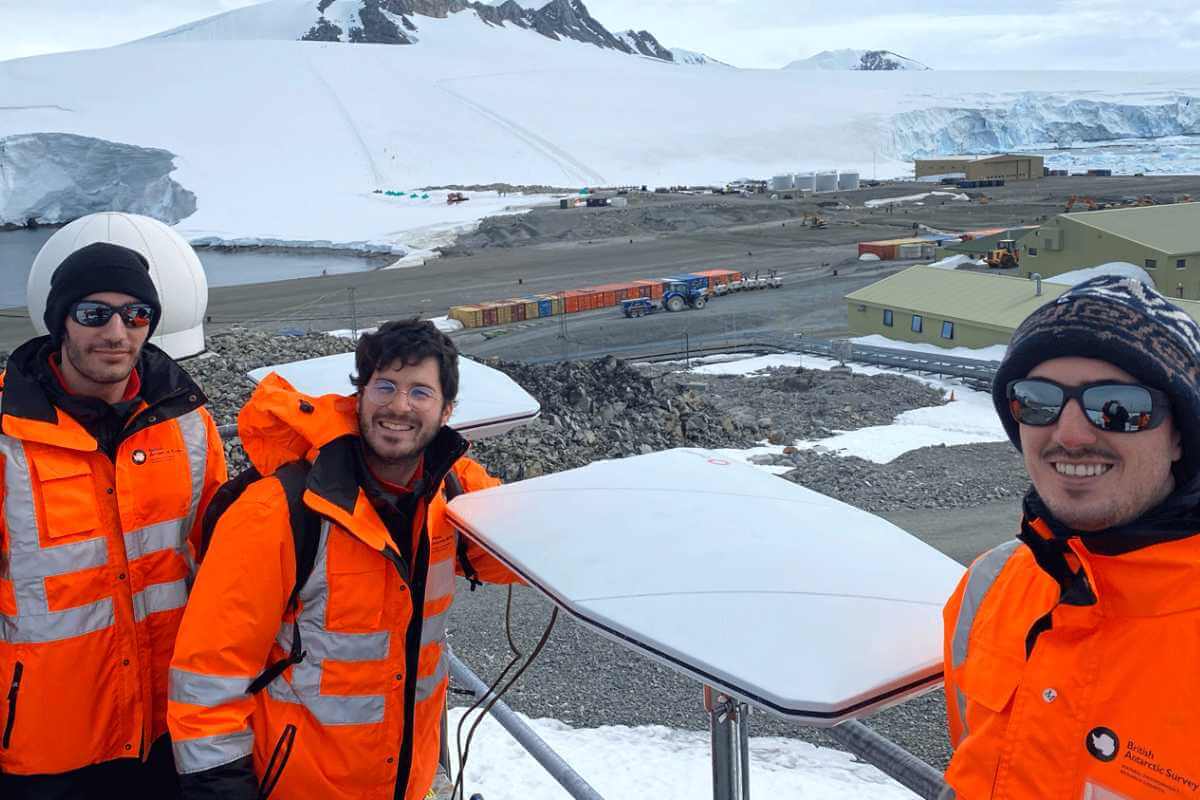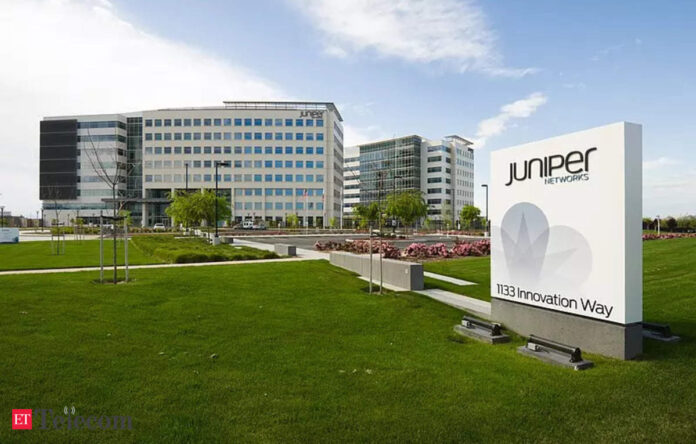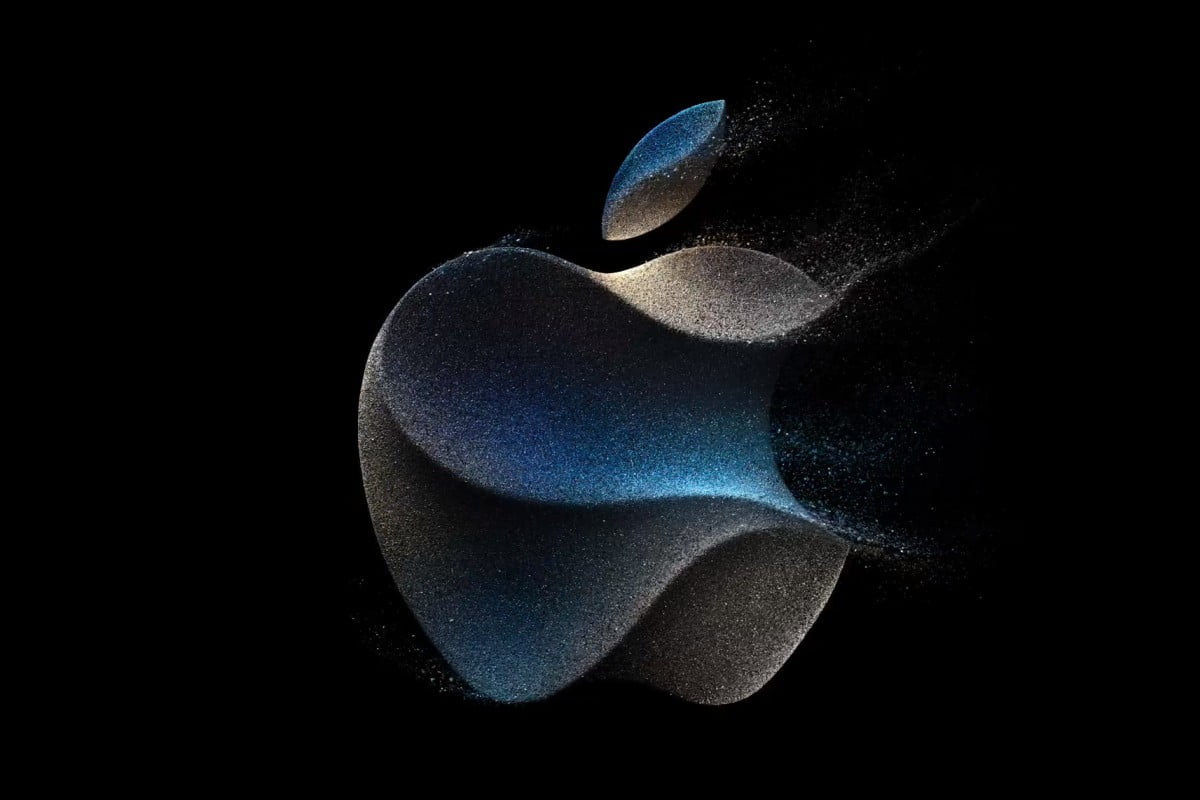In Short:
Eutelsat Group has launched Low Earth Orbit (LEO) services in Antarctica for the British Antarctic Survey (BAS) in January 2024, offering high-speed internet services at the Rothera Research Station. The new system, named TALARIA, will provide data rates of up to 120 Mbps, significantly improving reliability and connectivity for scientific research. This global collaboration, involving partners like ESA, aims to enhance the welfare and research capabilities of scientists in Antarctica.

Eutelsat Group has recently launched Low Earth Orbit (LEO) services in Antarctica to provide high-speed internet services for the British Antarctic Survey (BAS). This service, which was initiated in January 2024, offers connectivity to the BAS-operated Rothera Research Station in Antarctica, as announced by OneWeb.
Enhanced Connectivity
Previously, research stations in Antarctica managed by BAS had to contend with slow internet speeds of 1-5 Mbps for both uplink and downlink. However, with the introduction of Eutelsat OneWeb’s services, data rates of up to 120 Mbps can now be achieved, significantly improving reliability and connectivity for scientific activities.
Innovative Technology
Eutelsat OneWeb has developed a specialized system named TALARIA, inspired by the Latin term for Mercury’s ‘winged sandals’, to cater to the unique needs of providing connectivity in Antarctica.
Eutelsat OneWeb stated, “This project has allowed us to create a completely new remote connectivity system for Antarctica within an 18-month period, from inception to deployment.”
Global Collaboration
This innovative system comprises a ground station in Chile and a user terminal located 1,000 miles away at the Rothera Research Station in Antarctica. Developed in partnership with entities like the European Space Agency (ESA), Comtech Telecommunications, and Cobham Satcom, this technology aims to meet the high data demands of scientific research and the connectivity requirements of station personnel.
Eutelsat OneWeb highlighted that this enhanced connectivity will enable scientists to conduct their daily tasks more efficiently by providing real-time support from global scientific, technical, or health teams. Additionally, it will offer essential connectivity to improve the well-being of the scientists during their leisure time.




